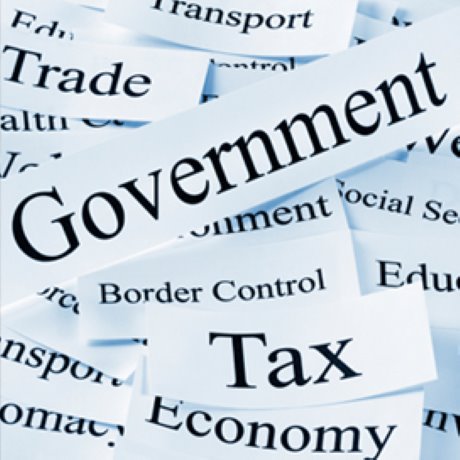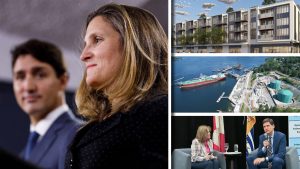As Premier Christy Clark prepares to attend the United Nations climate-change conference in Paris, British Columbia’s government is also gearing up to release its draft Climate Leadership Plan. The plan could set the tone for building standards for years to come.
Following Alberta’s announcement of emission caps and carbon pricing, groups representing more than 1,000 companies, organizations and cities are asking the B.C. government to take a similar bold stance with its plan. The Royal Architectural Institute of Canada, Urban Development Institute Pacific Region, and Pembina Institute spearheaded the Call for Action on Energy and Climate in the Building Sector. Its signatories would like to see the province set clear targets for the energy performance of new buildings.
The cities of Vancouver, North Vancouver, Victoria and Powell River have endorsed the statement. Richmond and Smithers are tabling resolutions to endorse it as well.
"By pursuing these opportunities, we can reduce our carbon footprint while saving money, creating local jobs, and opening export markets for B.C.-made components and designs," the statement says. "We can also ensure all British Columbians live and work in buildings that improve community health, happiness, and productivity."
The B.C. government is expected to release the draft Climate Leadership Plan in December, followed by a 60-day public consultation. The final Climate Leadership Plan is slated for public release in March 2016.
"We feel like it is also an economic opportunity," explained Karen Tam, buildings and urban solutions program director for the Pembina Institute. The green building sector is creating 22,000 jobs in B.C. alone."
Tam said B.C. is looking back on its 2008 climate plan which brought changes like carbon tax, retrofit programs, electric vehicle subsidies and a low carbon fuel standard. The institute provided detailed comments on a general discussion paper on climate released by the province during the summer. "We put some more meat to the bones of that and provided that comment to them," she said.
Tam said B.C. is already seeing many energy efficient projects, but is hoping the government pushes to make them the norm rather than the niche. She explained that it doesn’t need to take decades, citing Brussels in Belgium which adopted a passive house standard.
"In just seven or eight years, they went from having some of the worst standards on energy efficiency in buildings to being a world leader," Tam said. "When government sets the tone and the vision and companies knew that it was a long-term vision, they started buying in and innovating and creating the products that could help them. We really look to them as an example of what we can do in B.C. If you send the signal of where your ultimate goal is, we can get there more quickly than some folks believe is possible." Tam said she expects the government to release its plan next month.











Recent Comments
comments for this post are closed